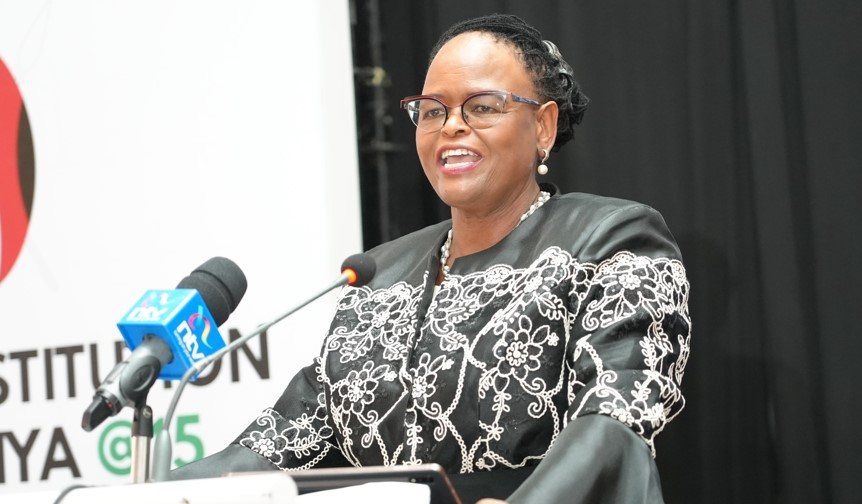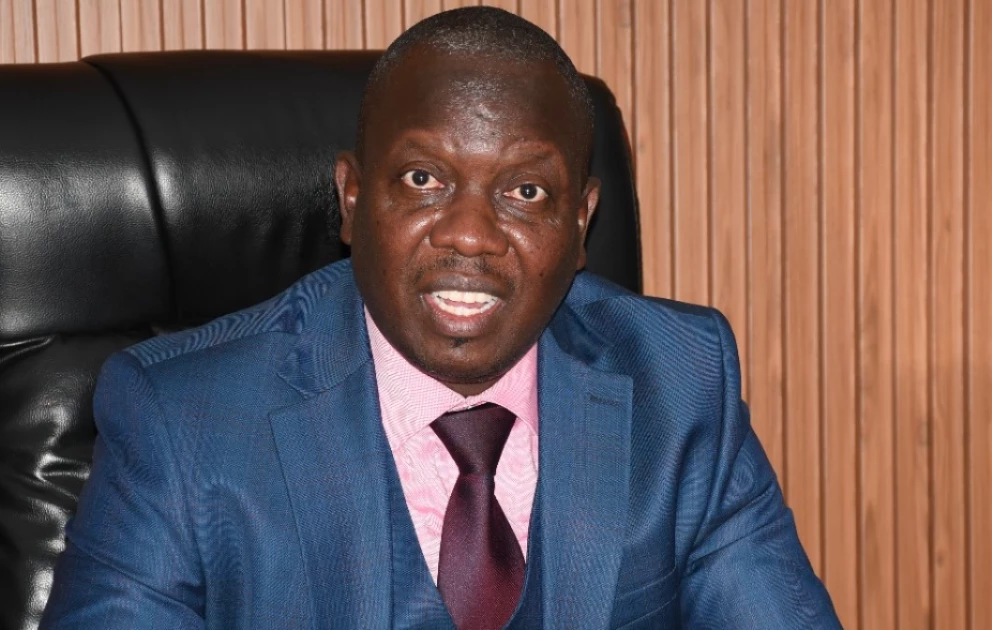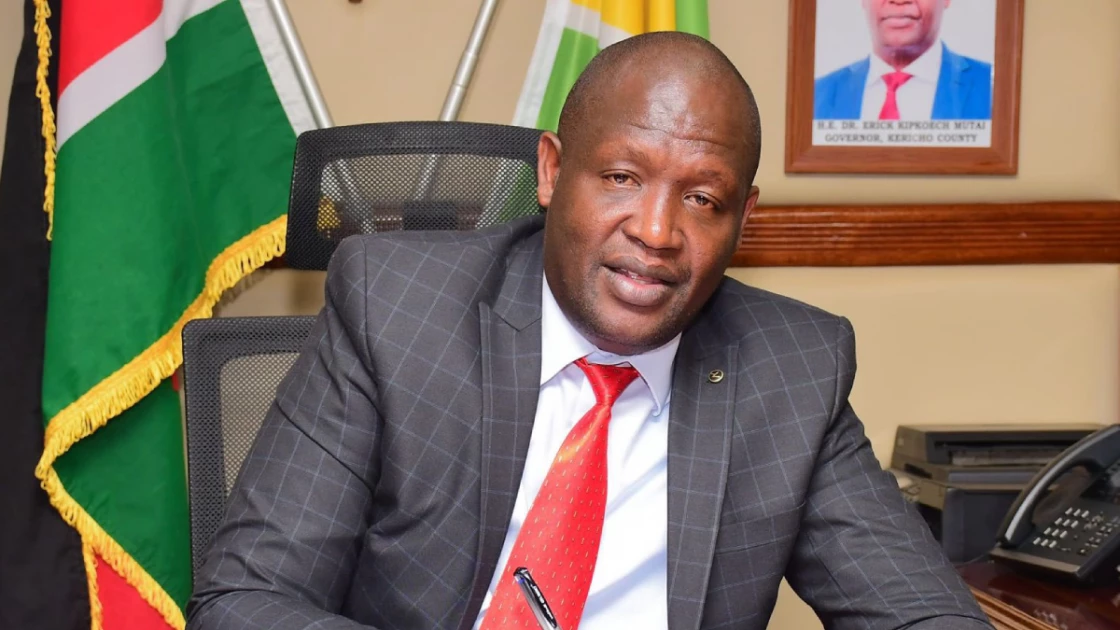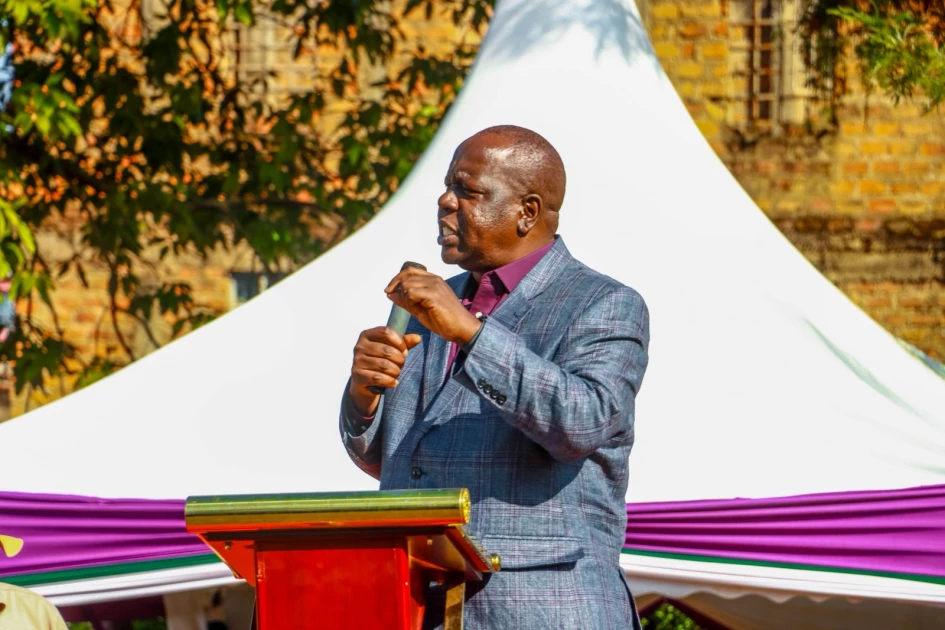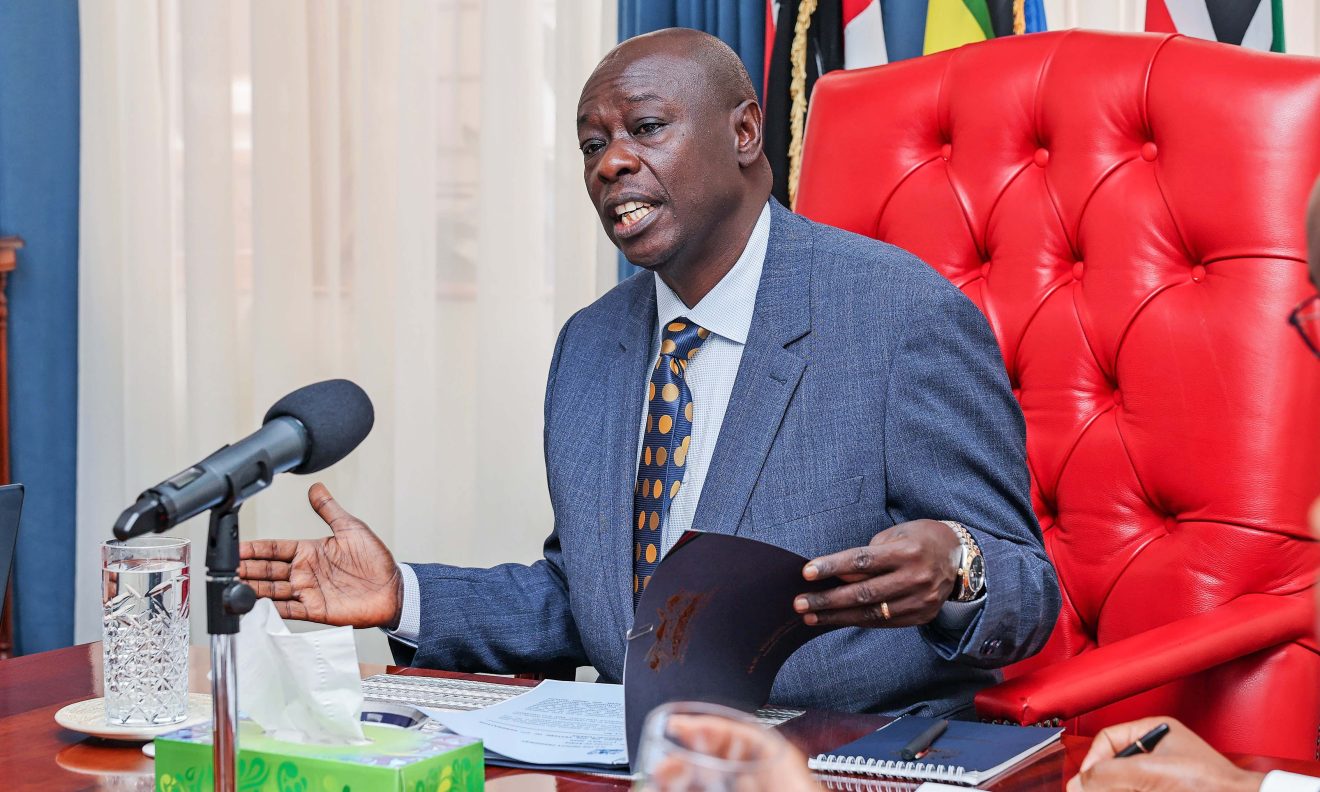CJ Martha Koome has reaffirm that the 2010 constitution is transformative
Chief Justice (CJ) Martha Koome has reaffirmed the transformative power of the Constitution of Kenya, 2010, describing it as a catalyst for good governance, social justice, human rights, equality and accountability.
Chief Justice (CJ) Martha Koome has reaffirmed the transformative power of the Constitution of Kenya, 2010, describing it as a catalyst for good governance, social justice, human rights, equality and accountability.
Speaking at the 15th Anniversary of the Constitution, celebrated during the Constitution Day event convened by Nation Media Group, Koome noted that the 2010 Constitution marked a transformation of the Judiciary by strengthening judicial independence, redefining accountability, and placing access to justice at the core of Kenya’s justice system.
“Fifteen years later, we can look back with pride at how far we have come, while reflecting on the ongoing challenges that continue to hinder the full realization of the Constitution’s promise of social transformation,” reflected the CJ, stressing that the Judiciary has undergone significant reforms, crafted transformative legislation, and expanded access to justice for all.
During his keynote address at the event themed “Fifteen Years Later: The Constitution and Us,” the CJ highlighted the progress of the Judiciary since the promulgation of the Constitution, tracing the journey of institutional reform through three major mechanisms: the Judicial Transformation Framework (JTF) under CJ Mutunga, the Sustaining Judicial Reforms through Social Justice through the CJT Mara kwa Mara.
(STAJ) strategy, which will guide the reforms until 2033. “The most significant outcome of these reforms has been the strengthening of judicial independence. The Kenyan judiciary has demonstrated the courage to claim to be the defenders of the constitution, earning respect across Africa and beyond,” affirmed Koome. He also cited the Supreme Court’s decision in the BBI case, which upheld people’s freedoms; the Mitu-Bell and Musembi decisions on housing rights; the 2023 decision upholding the freedom of association of LGBTQ+ people; and the Muruatetu judgment, which declared mandatory death penalty unconstitutional, marking a major step in criminal justice reform, as some of the key achievements in the law.
Furthermore, the CJ highlighted judicial reforms, which he noted extended beyond the law, noting that court infrastructure has expanded significantly, with High Court and registry centres now established in all 47 counties, thereby ensuring wider access to justice. Digitisation, he noted, has been among the transformative reforms. An electronic filing system launched in Nairobi in 2020—and to be expanded nationwide by 2024—has replaced paper-based processes, allowing defendants to file cases, pay fees and attend court hearings online. Koome added that real-time dashboards and online cause lists have enhanced transparency and accountability, while online hearings and AI-powered transcription tools have helped reduce delays and improve efficiency.
“Claimants can now access justice online,paying fees electronically, and even attending hearings virtually. This digital innovation has expanded access to justice and transformed the delivery of court services,” he explained. Despite these steps, the CJ acknowledged ongoing challenges, including underfunding, backlogs of cases, and emerging threats to judicial independence, such as cyberbullying and coordinated disinformation campaigns targeting judges. Koome also stressed the Court’s commitment to internal accountability mechanisms, disclosing that the Judicial Service Commission (JSC) has handled 946 judicial complaints since 2010.
Calling for increased budgetary support, the CJ criticized the Court’s current allocation of less than 1 percent of its budget to the education and health sectors and assured Kenyans of the Judiciary’s unwavering commitment to upholding the Constitution, saying, “We will continue to administer justice without fear or favour, curb abuse of power, and uphold the rights of all Kenyans.”
The Registrar General of the Judiciary, Winfridah Mokaya, maintained that it has been the duty of the Judiciary to strictly and consistently uphold the boundaries of the Constitution, to ensure that no person or institution operates outside these boundaries, and—ultimately—to help fulfil the dreams and aspirations of Kenyans as enshrined in the Constitution.as enshrined in the Constitution.as enshrined in the Constitution.


